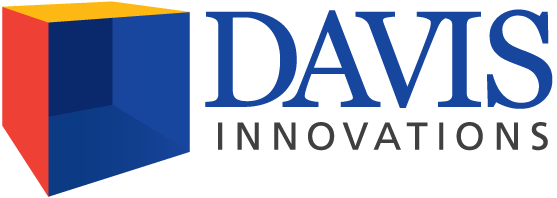
Many DI clients are trying to address significant social needs within their communities and organizations. They have expertise, passion and a vision for a new program or project to meet the identified need but sadly, they rarely have the funding to implement and sustain it.
We see this time and time again. We absolutely love nothing more than to help clients find the funding necessary to turn their vision into a reality for those they serve. There are many ways to create funding streams. One of the possibilities where we have lots of experience and expertise is in gaining grant funding.
Grant funding is one of those topics that eludes many people. It sounds daunting and impossible, while in reality, it’s not that difficult and persistence pays off. When we work with non-profit leaders and communities, we help them to capture their dream by putting it in writing. A dream can become reality when it is clearly outlined with measurable goals, objectives, short and long-term budgets, evaluation planning, logic models, needs assessment and community data, work plans and other key components. When all this information is combined, it can create a successful grant application that gets funded.
As you begin to pursue the grant funds that your organization and community deserve, we suggest that you:
Research Potential Grant Opportunities
Start by identifying what organizations award grant dollars within your local community and state. Then look at where grant awards come from at the national level. Which are the private foundations that provide grants to your type of organization? Which government agencies provide grants to your type of organization?
Be Creative
Explore local, state, and federal government funding along with private foundations. You will be amazed at all of the possibilities that can be found through grants.gov, Philanthropy News Digest, city, county and state government websites, and other public and private funders. Local, state and federal governments and private foundations award billions of dollars in grant funding to organizations each year.
Grant opportunities are posted in a variety of places that are free to the public. Sign-up for government and private foundation email lists and listservs, including grants.gov. Explore local businesses to see if they have foundations that award grants or look at civic groups such as the Rotary Club.
Build Meaningful Partnerships
Start talking to your community partners, elected officials and dignitaries who might also benefit from your organization receiving a grant award. Ask if they would be willing to give you a letter of support to document your collaboration and partnership. These letters demonstrate to the funding agency that your organization works collaboratively with other entities and leaders within your community. You may also be required to submit Memoranda of Understanding or Letters of Agreement in addition to letters of support.
Writing a Winning Proposal
You do not have to be an award-winning author to write a winning grant proposal. Start simple and READ THE DIRECTIONS. Tell a compelling story of need within your community or organization and how change can make a difference for your constituents. Identify specific and achievable project goals and objectives.
- A goal is a general statement about what you would like to achieve. Keep it straightforward and attainable.
- A measurable objective is a quantifiable statement that specifies what must be done to achieve the desired goal. Simplicity is the key, think SMART (Specific, Measurable, Achievable, Relevant and Time-based).
Meet the Deadline
The first thing you should do when even considering submitting a grant application is to identify the grant requirements and deadline. Read the directions and do whatever it takes to meet the grant deadline.
Grant deadlines are usually set in stone and if your proposal is one minute late it is usually disqualified. You never want to spend your valuable time and effort on a proposal only to miss the deadline.
Follow-up with the Grant Funder
Get to know the funding organization. Communicate with them regularly. Make an appointment with the administrators who are awarding the grant funds, ask about their interests and work to develop an ongoing relationship with the funder.
Remember you are selling your program!
You are the best person to advocate on behalf of your organization. Establish a relationship with the grant funders and tell them why your program should be selected for funding. Make your proposal stand out from the competition and get the funding you need to serve your community’s needs!


